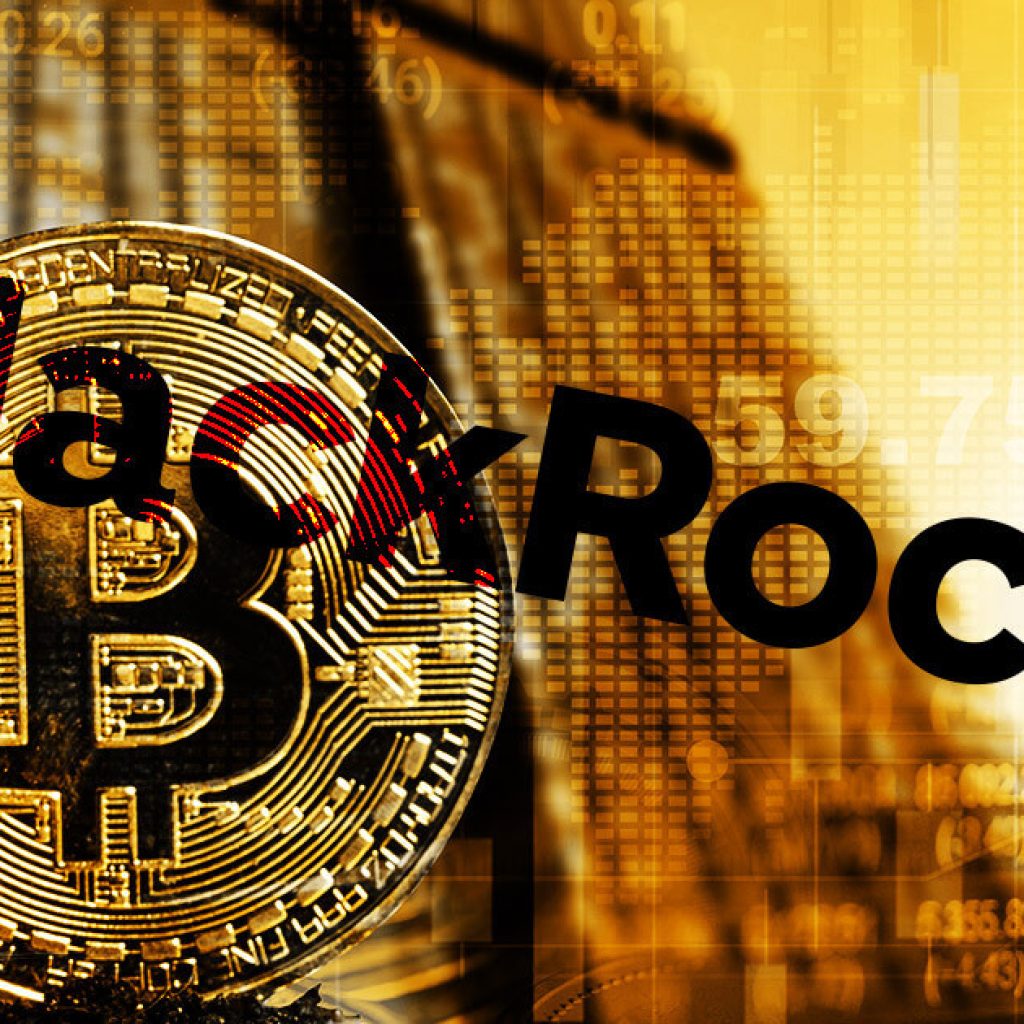The World Bank has executed the listing of its “first digital native note (DNN)” on the Luxembourg Stock Exchange (LuxSe). Valued at €100 million, this milestone is part of a broader initiative to set up a sustainable digital framework for issuing DNNs. The execution involved key industry players such as Citi, TD Securities, and Euroclear, among others.
Evolving financial architecture through digital ledger technology
The World Bank’s decision to list its DNN on LuxSe was not arbitrary. It reflects the growing significance of digital assets in global finance. The core technology underpinning this issuance is Corda, developed by R3. Corda’s digital ledger technology (DLT) platform interfaces seamlessly with Euroclear’s D-FMI, a settlement platform that supports secondary market activities for the DNN. This synergy amplifies the significance of this venture in the rapidly digitizing world of finance. Hence, the initiative is part of a larger, multi-year program involving prominent institutions like Citi, Euroclear, TD Securities, and IBRD. The end goal is straightforward yet ambitious: to establish a scalable framework that amalgamates the benefits of digital transformation with bond accessibility and liquidity.
Moreover, Citi continues to play a pivotal role in advancing digital asset solutions, aided by its proprietary technological capabilities. The financial giant manages an asset portfolio valued at approximately $28 trillion and offers a wide range of services, including custody and asset servicing. Citi’s involvement not only adds weight to the project but also signifies a broader institutional interest in digitization.
Luxembourg Exchange fortifying its position in digital securities
LuxSe is no stranger to embracing digital securities. Earlier in 2022, it became the first exchange in the European Union to list digital securities issued by Societe Generale on its Securities Official List (SOL). This achievement was further augmented when LuxSe accepted three digital securities issued by the European Investment Bank, including the world’s first digital Climate Awareness Bond. These significant moves demonstrate LuxSe’s readiness to be at the forefront of the ongoing digital revolution in the financial sector.
Arnaud Delestienne, a senior figure at LuxSe, expressed the organization’s commitment to harnessing distributed ledger technology to improve capital markets. Additionally, LuxSe anticipates that the adoption of DLT will bring multiple advantages. These benefits include but are not limited to cost reductions, process acceleration, and improved transparency. Significantly, these enhancements are expected to be beneficial for all market participants.
The partnership between the World Bank and LuxSe is certainly a development worth noting, as it signals not only the acceptance but also the institutional backing of digital assets and the technologies that support them. Consequently, this could very well be an indicator of the shape of things to come in the complex and ever-changing world of global finance. Overall, the combined efforts of these institutions represent a remarkable stride in advancing the digital transformation of debt capital markets.





